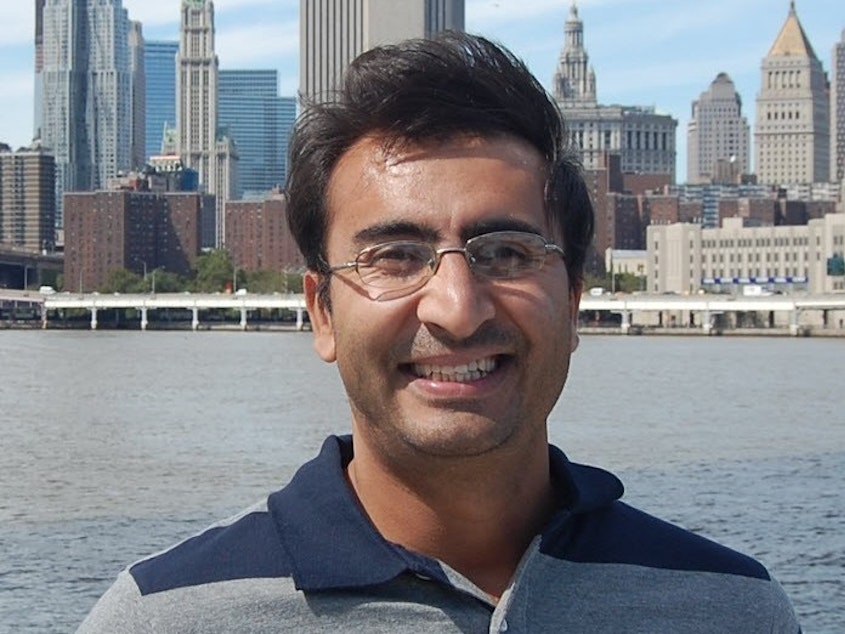Opinion: Numb From Afghanistan's Losses

Zalmai Yawar showed me the stars one night. We were in the mountains of Bamiyan, Afghanistan, in 2002 - just a few months after the war began. We had spent the day reporting on the mass graves of Hazara people the Taliban had murdered after blowing up the ancient statues of Buddha carved into the nearby cliffside.
Zalmai held a hand up against the deep night sky to point out the different, dazzling shapes Phoenicians, Greeks, and Egyptians had seen in the stars. He was our translator in Afghanistan. When the Taliban emptied libraries to burn books, Zalmai picked up a salvaged copy of "The Godfather," and used his father's old English-Pashto dictionary to read it. So we called him—still call him—Zally, after Sally Tessio.
We helped him to come the US years ago, and Zalmai Yawar, now a PhD candidate in Geology at Indiana University, helps teach a course on the origin of the planets. He is still inspired by the sky.
I spoke with Zally this week about events in Kabul. He has some family with him in Bloomington. A sister who was once beaten by the Taliban for speaking in public is an interpreter for the U.S. Army, working now at Kabul's airport. But they have two sisters in Kabul who are in hiding, and desperate to leave.
Zalmai told me, "I didn't want America to stay forever. But I expected America to do the right thing. I am appalled and angry."
Sponsored
He says he is angry at the Trump administration for reaching a deal to withdraw directly with the Taliban, working around the Afghan government. He says Afghans saw it as a signal that America had given up on them.
He is also appalled at the corruption of that Afghan government, which he says openly confiscated food and money before it could reach soldiers and villages, sapping their support and quite literally weakening them.
And Zalmai says he feels anger that President Biden blamed Afghans for not fighting for their country. 2,448 U.S. soldiers and 3,846 U.S. contractors have died in Afghanistan. But none since February, 2020. The Costs of War Center at Brown University estimates that 66,000 Afghan soldiers, including some of Zalmai's cousins, and more than 47,000 civilians have died in the nearly 20 year war against the Taliban.
"We are just numb from all the losses," says Zalmai Yawar. "All the people who died. All the girls in headscarves, who may never go to school. All the gains of women, artists, and freedom. It could all be smashed like those statues in Bamiyan. We're just numb." [Copyright 2021 NPR]
